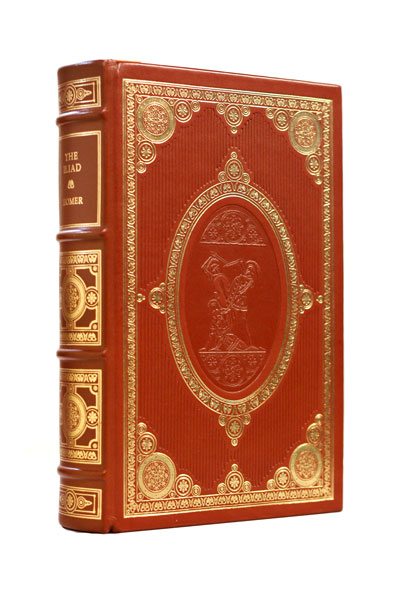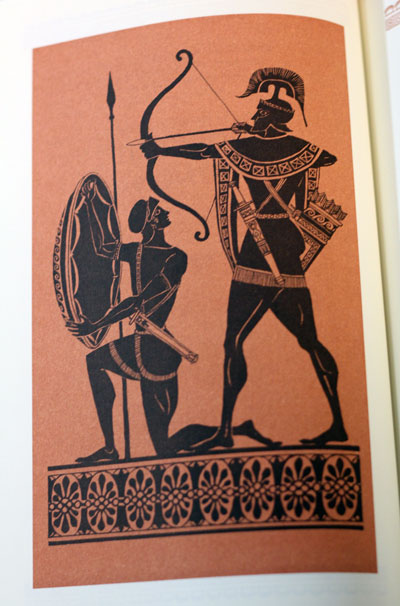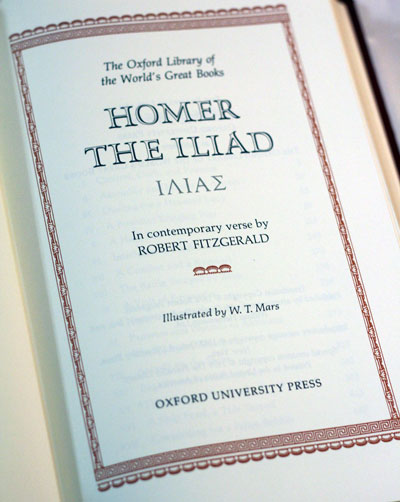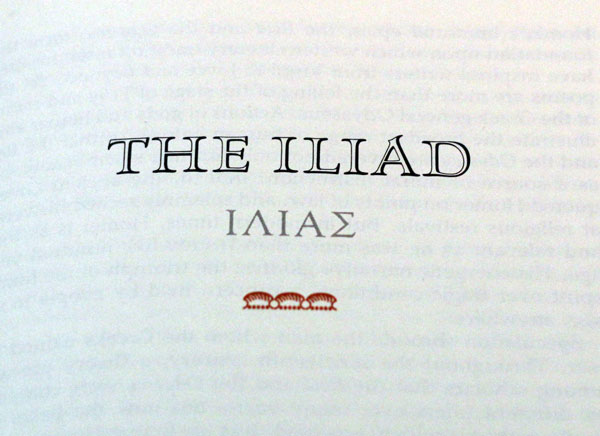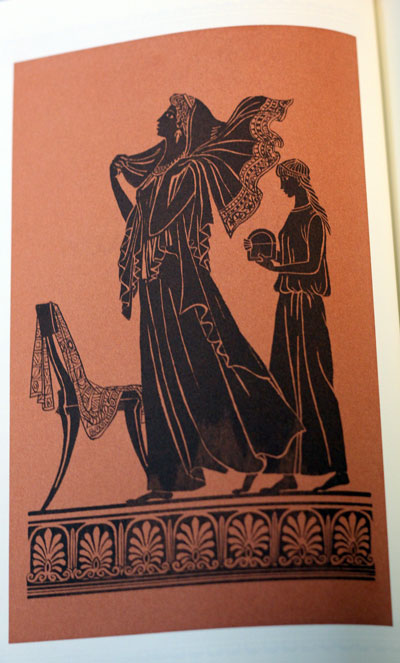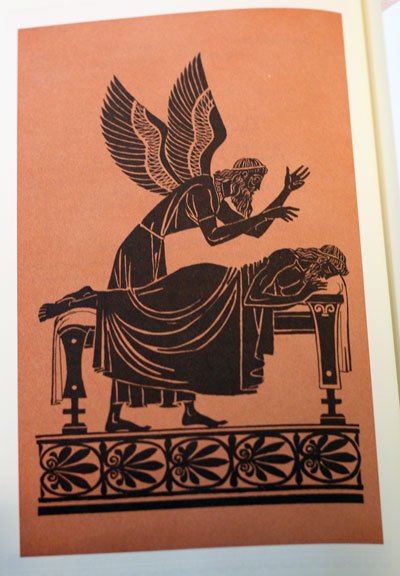About this edition:
One of the most beautiful books in our collection, this book is a triumph of book design and bookbinding, meant to last for generations. It features:
- Full top-grade leather binding
- Genuine 22k gold gilt to all edges, front design, spine, and back
- Embossed roundel centerpiece image
- Silk moire endsheets
- Satin bookmark, sewn-in
- Hubbed spine with raised bands
- Smyth-sewn binding for durability
- Premium acid-neutral archival paper that will not yellow
A writeup by a book collector at Librarything.com:
OXFORD UNIVERSITY PRESS AND FRANKLIN MINT: One Brief, Shining Moment
The Franklin Library, the publishing division of The Franklin Mint, was of course, at one time, the nation’s largest publisher of great books in fine bindings. Founded in 1973, it ceased publishing in 2000. Its early editions ~ fully bound in genuine premium-grade, hand-cut leather, selected for quality of grain and texture ~ were designed and bound by The Sloves Organization, Ltd., an affiliate of the mint, whose bindery was one of the few in the world devoted exclusively to the crafting of fine leather books.
Printed from 1981 to 1985,* the Oxford/Franklin volumes are gorgeous ~ absolutely stunning in their production qualities. Oxford University Press, in fact, specially chose the publishing division of The Franklin Mint to design and produce its World’s Great Books series because of Franklin’s unsurpassed skill in achieving a premium-quality product: each Oxford book must also be ‘a wonder’ in the finest of bookbinding traditions and, if possible, exceed Franklin’s high standard. By that prestigious election, Franklin thus was also doubly honored and formally recognized for the awesome reputation it had achieved in the publishing world throughout the decade of the 1970s.
It is because of that ‘brief, shining moment’ in publication history that these fine classic Oxford/Franklin editions generally surpass anything else ever produced either before or after that time by any of today’s renowned publishing giants. Relatively few titles in the multi-edition Great Books series were given the fabulous full-leather treatment; most were quarter-bound volumes ~ very lovely indeed by the lights of their own publication merits ~ but still unable to boast the same ‘Rolls Royce’ elegance of their full-leather counterparts.
About The Iliad:
The Iliad is an ancient Greek epic poem in dactylic hexameter, traditionally attributed to Homer. Set during the Trojan War, the ten-year siege of the city of Troy (Ilium) by a coalition of Greek states, it tells of the battles and events during the weeks of a quarrel between King Agamemnon and the warrior Achilles.
Although the story covers only a few weeks in the final year of the war, the Iliad mentions or alludes to many of the Greek legends about the siege; the earlier events, such as the gathering of warriors for the siege, the cause of the war, and related concerns tend to appear near the beginning. Then the epic narrative takes up events prophesied for the future, such as Achilles’ looming death and the sack of Troy, prefigured and alluded to more and more vividly, so that when it reaches an end, the poem has told a more or less complete tale of the Trojan War.
The Iliad is paired with something of a sequel, the Odyssey, also attributed to Homer. Along with the Odyssey, the Iliad is among the oldest extant works of Western literature, and its written version is usually dated to around the eighth century BC. Recent statistical modelling based on language evolution gives a date of 760–710 BC. In the modern vulgate (the standard accepted version), the Iliad contains 15,693 lines; it is written in Homeric Greek, a literary amalgam of Ionic Greek and other dialects.

